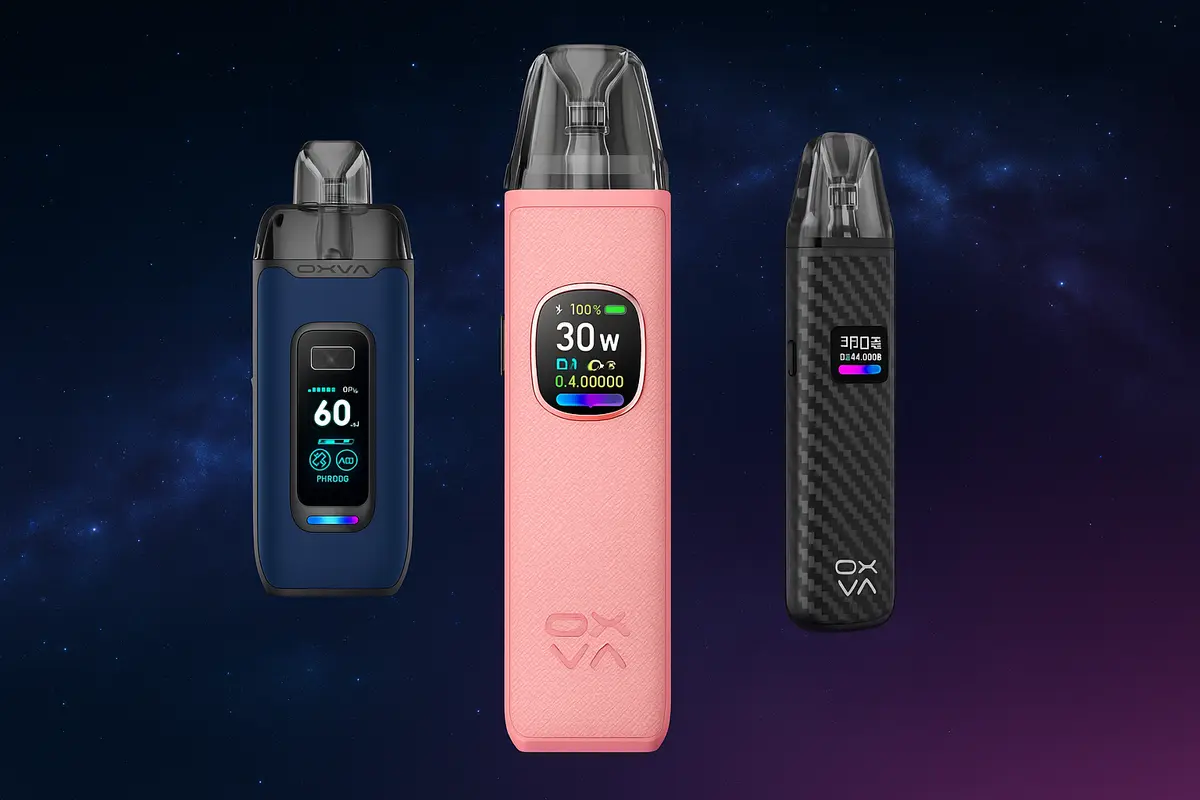Across the United Kingdom, from the artisan stalls of Camden Market to the independent high streets of Manchester and the heritage boutiques of Edinburgh, one detail quietly threads its way through nearly every product display: the swing tag. Though small in size, swing tags have become a major branding asset for UK-based businesses, carrying more than just a price—they carry identity, story, and trust.
In the UK, where shoppers are increasingly influenced by visual presentation and ethical values, swing tags are no longer treated as afterthoughts. British consumers are known for their attention to detail and their appreciation for both design and authenticity. As such, the humble swing tag has transformed into an essential part of the overall product experience, whether it’s attached to a locally-made wool scarf in a Lake District shop or a hand-poured soy candle from a maker in Bristol.
What makes swing tags so effective in the UK retail space is their ability to blend form and function. On the surface, a tag may appear to simply list a price, size, or care instructions. But dig a little deeper, and you’ll find it often carries far more than technical details. In the UK, where storytelling is at the heart of so many brands Swing Tags UK are now expected to do more than inform—they must connect. A tag might tell the story of a garment made with British-spun wool, introduce the independent designer behind a jewellery line, or explain the ethical sourcing of ingredients in a skincare product. In a marketplace that values transparency, this kind of communication helps to build lasting trust with customers.
The design of swing tags in the UK has become increasingly refined. British branding often leans toward understated elegance or earthy minimalism, depending on the sector. A swing tag for a West London fashion brand might be sleek, monochrome, and foil-stamped. Meanwhile, a tag for a Devon-based organic farm shop could feature textured, uncoated card and hand-drawn illustrations. What they share in common is intentionality. Every design choice—from the font style to the weight of the paper—must align with the brand’s personality and target audience.
Material choices are also key to the UK swing tag market, particularly as sustainability takes centre stage in consumer behaviour. British shoppers are placing growing importance on eco-friendly practices, and that extends to packaging. This has led to a rise in the use of recycled card, kraft paper, and biodegradable materials for swing tags. Some UK brands are even adopting inventive options like seed paper swing tags, which allow customers to plant the tag and grow flowers or herbs—a delightful nod to environmental responsibility and local engagement. For brands that centre their identity on sustainability, using eco-conscious swing tags is no longer optional—it’s expected.
Swing tags also offer flexibility, something UK businesses greatly appreciate, especially in today’s fast-evolving retail landscape. With the rise of pop-up shops, online marketplaces, and seasonal collections, the ability to update or personalise packaging without redesigning the entire product presentation is invaluable. Swing tags provide that adaptability. A London streetwear label can change tags for each drop, adding exclusive graphics or limited-edition numbering. A Cotswolds gift shop can switch to festive-themed tags during the holiday season. In every case, the tag becomes a low-cost, high-impact tool to keep branding fresh and relevant.
Another factor driving the popularity of swing tags in the UK is the country’s deep connection to craftsmanship and locality. Many UK consumers are drawn to products that tell a British story—whether that’s regional heritage, local production, or handmade quality. Swing tags are perfectly suited to highlight those characteristics. A leather goods maker in Yorkshire might use the tag to describe the traditional tanning techniques used. A Welsh ceramicist could include a short note about the landscape that inspired a glaze colour. These tags serve as a bridge between the maker and the buyer, grounding products in their place of origin and building a stronger emotional connection.
Technology is also shaping how swing tags are used in the UK. QR codes are becoming more widespread on tags, offering a link between physical products and digital platforms. Customers can scan a tag and be directed to a product story, a “how to use” video, or a behind-the-scenes tour of the workshop. For small UK brands without large marketing budgets, this is a cost-effective way to extend the brand experience beyond the store shelf or packaging. It also reflects the UK’s growing demand for connected retail experiences that combine tangible quality with accessible digital content.
Swing tags play a special role in the UK’s gifting culture as well. With occasions like birthdays, holidays, and seasonal fairs playing a major part in British retail, tags are often designed to carry a personal message or greeting. Some UK-based brands even leave a blank section on the tag for the customer to write their own note, further personalising the product. It’s a small touch, but it makes the item feel special, considered, and more than just another purchase.
When it comes to production, the UK is home to a wide array of printing companies and packaging specialists who understand the importance of detail and quality. From family-run printers in Northern towns to high-end packaging suppliers in London, there are services tailored to businesses of every size and budget. Many UK suppliers now offer sustainable materials, fast turnaround times, and digital printing options, allowing businesses to create bespoke swing tags without the need for large-scale production. This accessibility has levelled the playing field, giving smaller brands the same tools that major retailers use to leave a strong impression. more
In the ever-evolving UK retail scene, where both tradition and innovation are highly valued, swing tags sit at the intersection of branding and customer experience. They are more than labels—they are statements of identity, trust, and creativity. For British businesses looking to build deeper connections with customers and stand out in a saturated market, custom swing tags provide a small but mighty advantage. here



